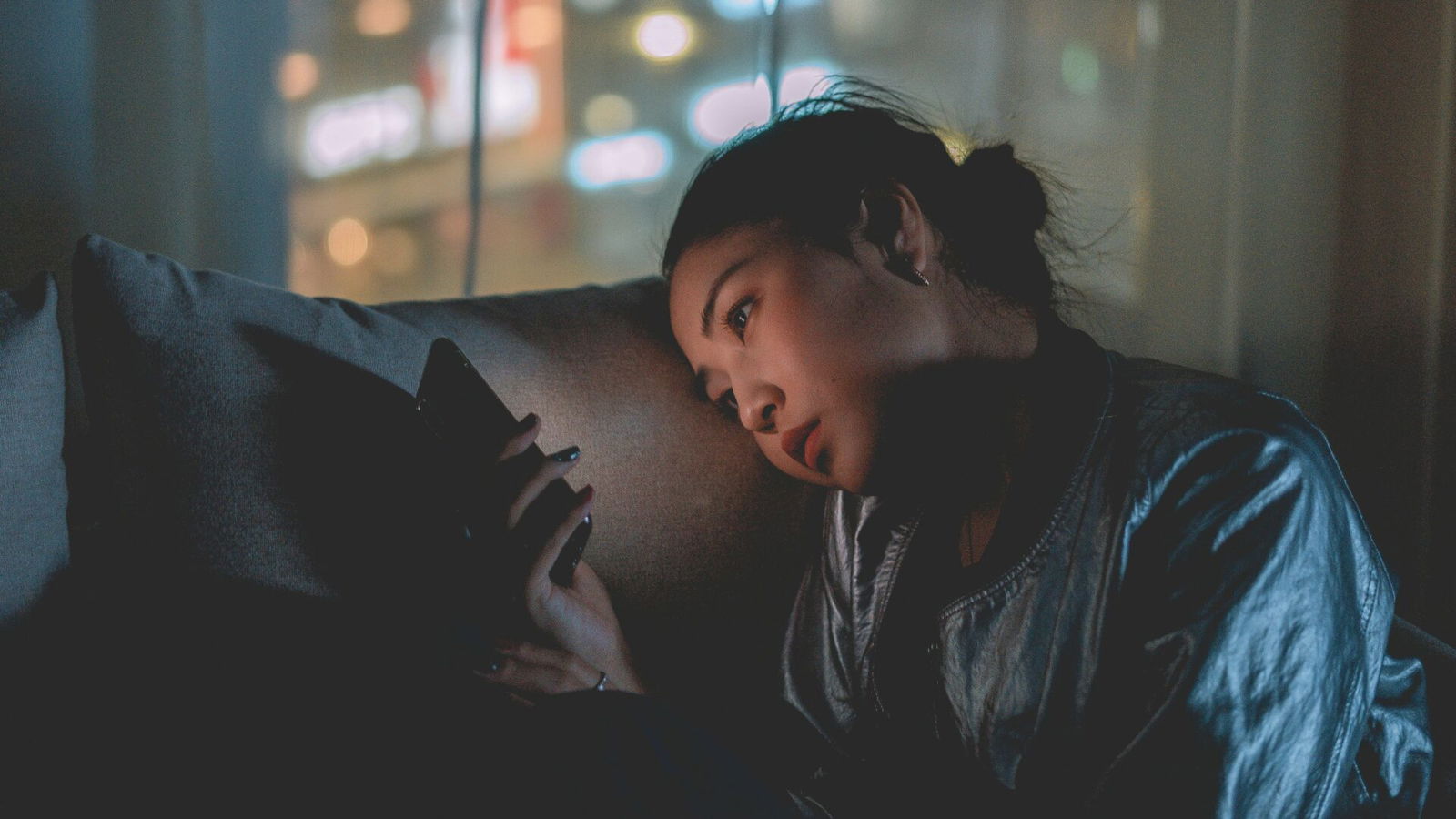
By India McCarty
Social psychologist and author Jonathan Haidt weighed in on how social media can lead to self-harm in young girls.
“13 is when you’re supposed to be able to start using these things; at least, according to the law. Now, nobody pays attention to that age,” Haidt said during an appearance on “The Dr. Jordan B. Peterson Podcast.” “It is normal, it is widespread, it is probably a majority of 12 year-olds who are already on at least one social media platform.”
While both young men and women can be negatively impacted by their time on social media, Haidt explained that girls are “more prone to social contagion.”
Social contagion is defined as “the spread of emotions or behaviors from one individual to another, sometimes without awareness,” per Psychology Today.
Related: Self-Harm Posts Jump 500 Percent on Twitter
It is not strictly limited to females, but Haidt explained, “The male brain [is] a little less about empathizing, a little less socially connected…Girls and women are just more interested in people.”
Women are hardwired to create and find community and connection, and many find that in online spaces. This can lead to negative behavior, like self-harm, as young women compare their experiences and offer sympathy.
“Girls are sharing their anxiety, and the more extreme your suffering [is], the more support you get, so they’re incentivizing each other to be more and more extreme,” Haidt said.
Haidt’s comments match up with research that proves Instagram and TikTok actively push harmful content to young women.
A study done by Digitalt Ansvar, a Dutch company that promotes responsible digital development, found that Instagram was suggesting teenage girls join “self-harm groups.”
Ask Hesby Holm, chief executive of Digitalt Ansvar, told the Observer, “This is highly associated with suicide. So if there’s nobody flagging or doing anything about these groups, they go unknown to parents, authorities, those who can help support…We don’t know if they moderate bigger groups, but the problem is self-harming groups are small.”
The Center for Countering Digital Hate also conducted a study, looking into TikTok. After creating 13-year-old accounts and pausing on or liking content about body image and mental health, the organization found that “the app recommended videos about body image and mental health about every 39 seconds within a 30-minute period.”
“The results are every parent’s nightmare: young people’s feeds are bombarded with harmful, harrowing content that can have a significant cumulative impact on their understanding of the world around them, and their physical and mental health,” Imran Ahmed, CEO of the CCDH, said of the results.
Social media can have many harmful effects. It’s very important that parents understand and are aware of what their children are doing online.
Read Next: Psychologist Urges Parents to ‘Act Together’ to Keep Kids Off Smartphones
Questions or comments? Please write to us here.


 - Content:
- Content: 

